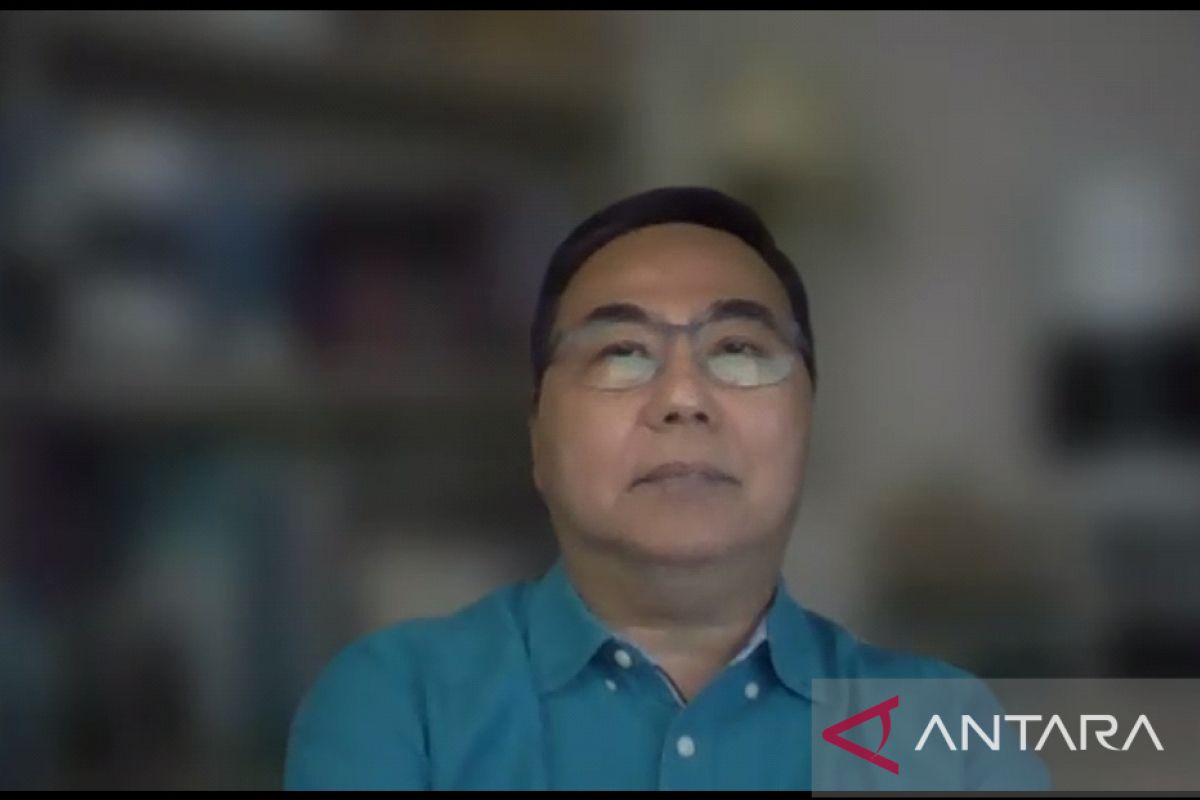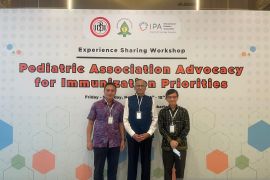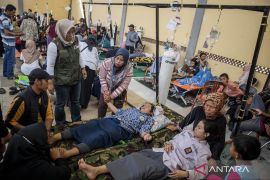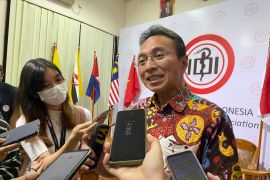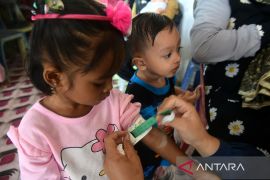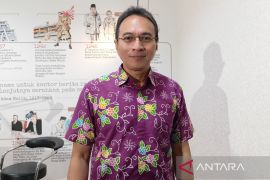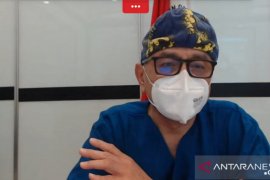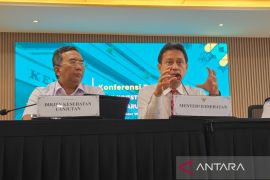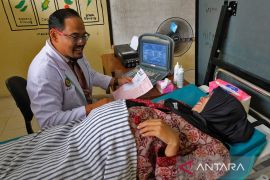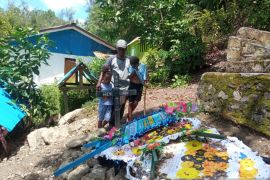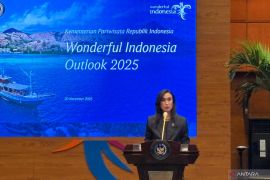"The government has appointed Sulianti Saroso Hospital and the Laboratory of the Faculty of Health, University of Indonesia (FKUI), as referrals (referral facilities) for the examination of acute hepatitis specimens because there are many things that need to be investigated," medical practitioner from the Indonesian Pediatric Society (IDAI), Hanifah Oswari, said at a virtual press conference, which was accessed on YouTube here on Thursday.
Acute hepatitis with severe symptoms is still being investigated by several experts and medical organizations worldwide, including in Indonesia, he added.
Oswari affirmed that the initial protocol for preventing the worsening of symptoms in patients has been prepared by IDAI for all levels of healthcare facilities.
Detailed protocols for health workers handling patients have been conveyed to all professional organizations and hospital managements.
The services provided at the Sulianti Saroso Hospital and the FKUI Laboratory are expected to uncover the causes of the virus and answer the public's queries regarding the cases of acute hepatitis in children in several countries, he said.
Related news: Minister encourages extensive mapping of mysterious hepatitis
Regional governments can also prepare referral services for patients who are experiencing hepatitis symptoms, he added.
The symptoms that patients with severe acute hepatitis commonly experience include nausea, vomiting, diarrhea, jaundice, pale stools (58 percent of cases), fever (29 percent of cases), and elevated liver enzymes (up to 500 u/L).
On the same occasion, the president director of Sulianti Saroso Hospital, Mohammad Syahril, said the first line of treatment for symptomatic patients can be accessed through the community health centers (puskesmas) or hospitals.
Spokesperson for the Indonesian Ministry of Health, Siti Nadia Tarmizi, said that a laboratory team will conduct genome sequencing for all acute hepatitis cases to determine whether the patients are infected with hepatitis A, B, D, E, or negative.
"We are also strengthening the referral hospital facilities for handling acute hepatitis with severe symptoms at the Sulianti Saroso Hospital, including making a diagnosis based on the results of laboratory reports," Tarmizi remarked.
Related news: Jakartans asked to maintain food hygiene to prevent hepatitis
Related news: No direct link between hepatitis, COVID-19 vaccines: doctor
Translator: Andi Firdaus, Raka Adji
Editor: Suharto
Copyright © ANTARA 2022
